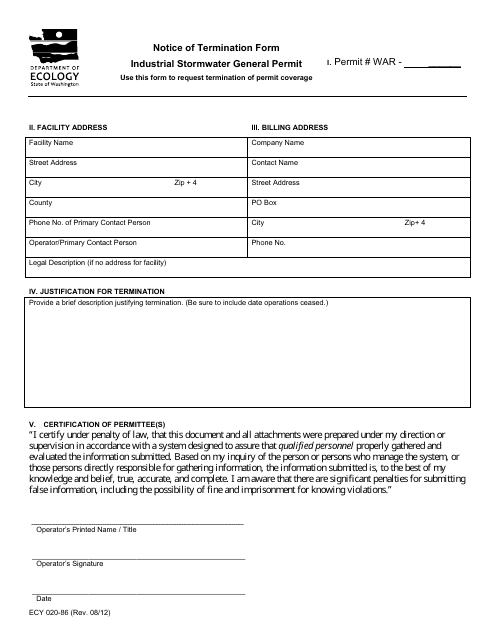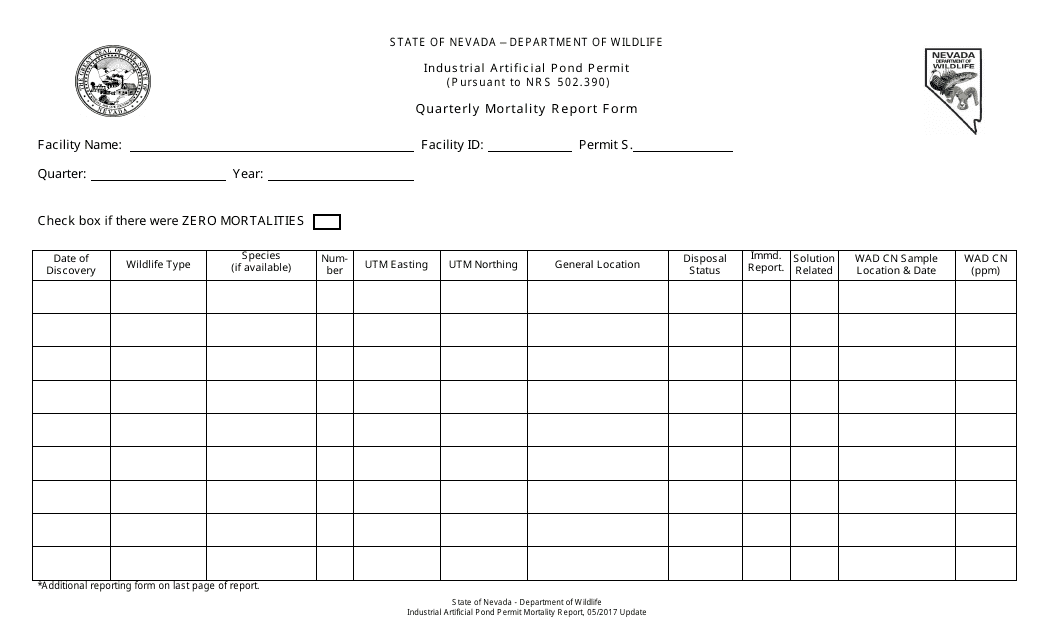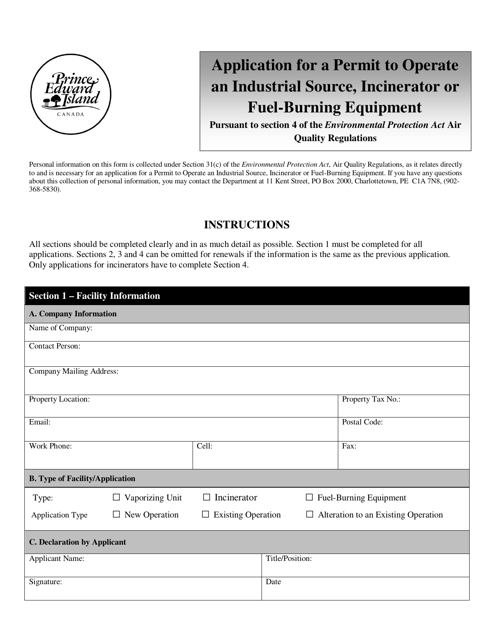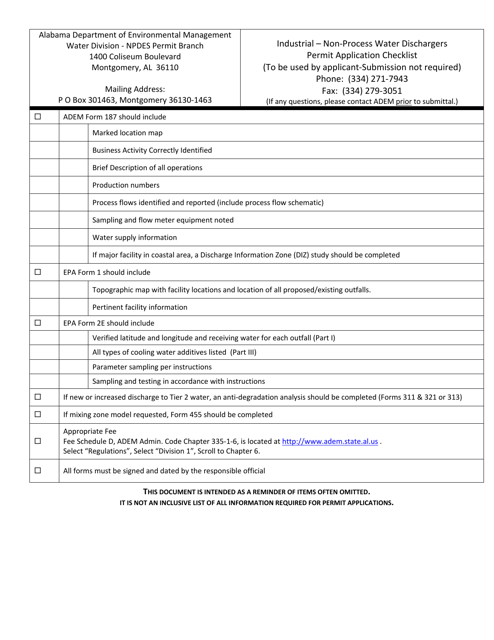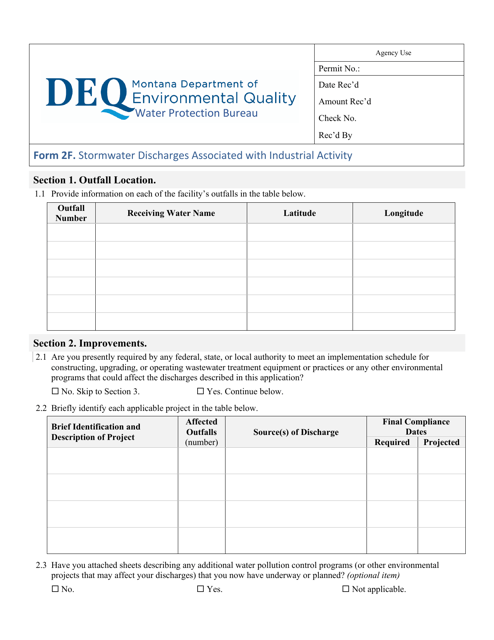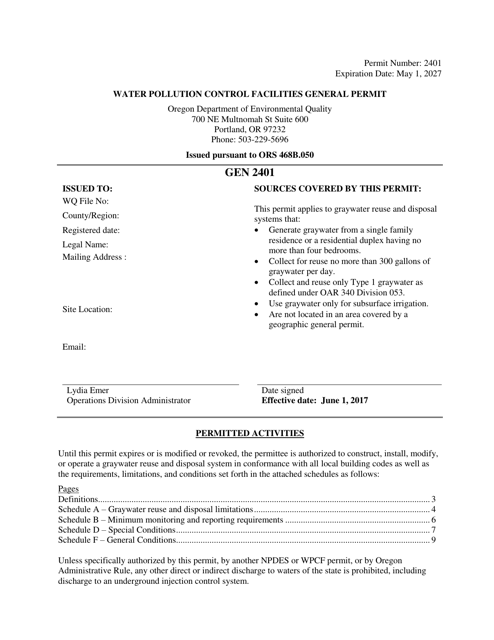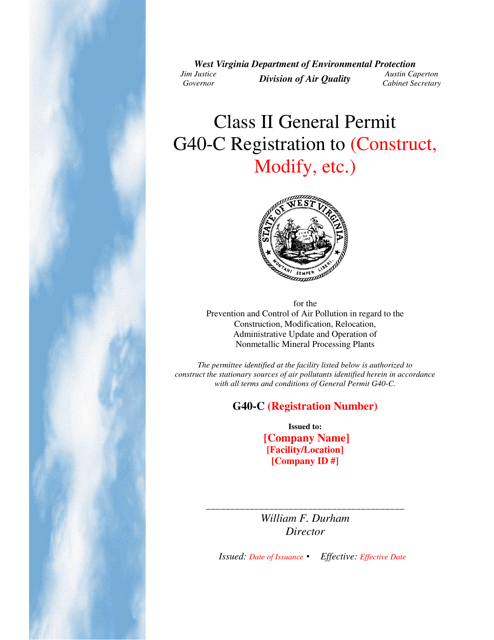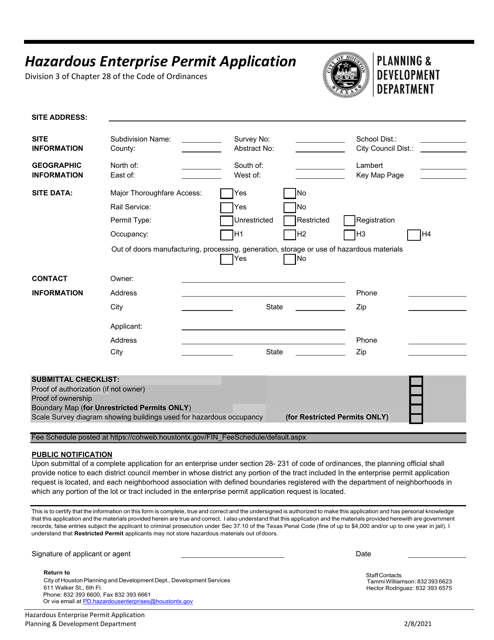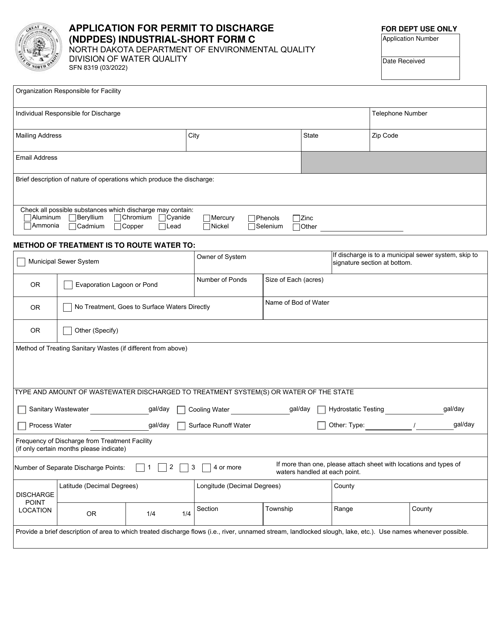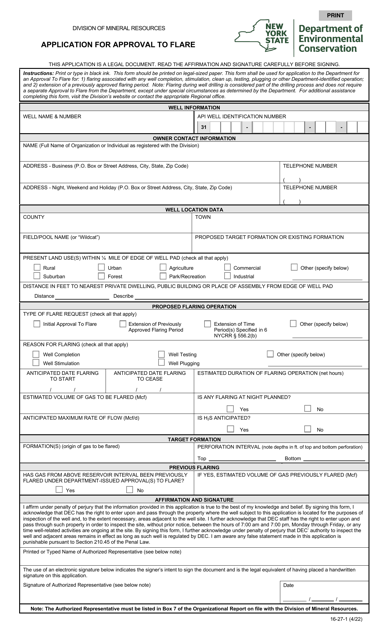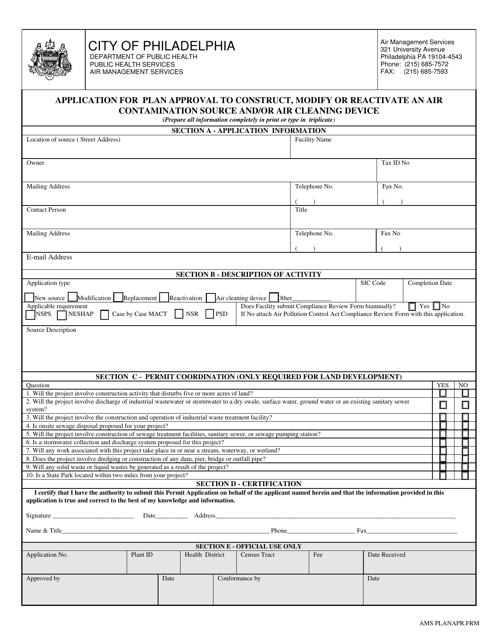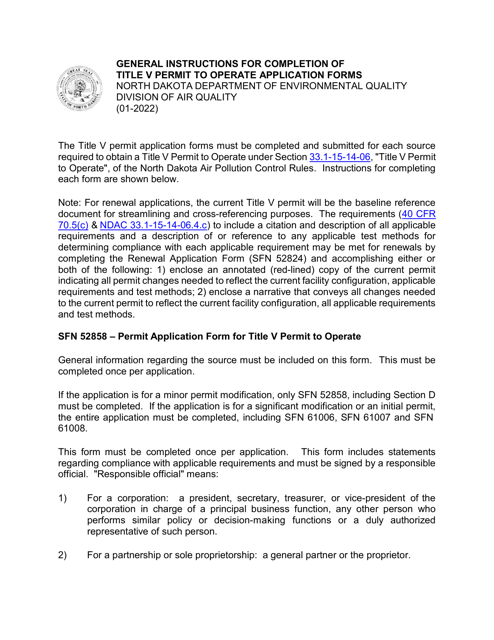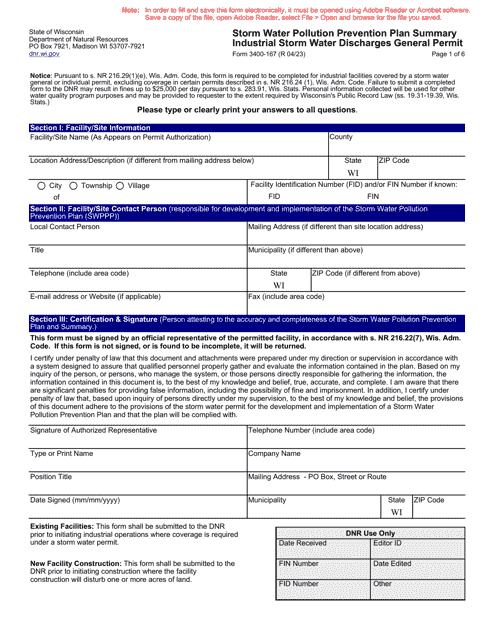Industrial Permit Templates
Are you looking to start or expand an industrial operation? Obtaining the necessary permits and approvals is a critical step in the process. The industrial permit, also known as the industrial permits or the permits for industrial operations, is a collection of documents that businesses must submit to their respective authorities to ensure compliance with regulations.
These documents cover a range of permits and applications specific to industrial activities. For instance, one such document is the Form ECY020-86 Notice of Termination Form, which pertains to the Industrial Stormwater General Permit in Washington. This permit ensures proper management and disposal of stormwater runoff from industrial sites.
Another example is the Industrial - Non-process Water Dischargers Permit Application Checklist in Alabama. This document outlines the requirements for businesses that discharge non-process water into water bodies. It helps authorities evaluate and monitor the environmental impact of such discharges.
Some local jurisdictions also require additional permits, such as the Hazardous Enterprise Permit Application in the City of Houston, Texas. This document is specific to businesses involved in hazardous activities, such as handling hazardous materials or operating high-risk facilities. It helps ensure the safety of both employees and the surrounding community.
If your industrial operation involves air pollution control, you may need to submit an Application for Plan Approval to Construct, Modify or Reactivate an Air Contamination Source and/or Air Cleaning Device. This document, used in the City of Philadelphia, Pennsylvania, helps authorities assess the potential air quality impacts of your proposed modifications or operations.
In North Dakota, businesses must complete the General Instructions for Completion of Title V Permit to Operate Application Forms. This comprehensive guide assists in the preparation of the Title V Permit, which establishes requirements for major stationary sources of air pollution.
Securing the appropriate industrial permits is crucial for ensuring compliance with environmental regulations while safeguarding the health and well-being of workers and communities. These permits cover a range of activities and are tailored to different jurisdictions and industries.
If you need assistance navigating the complex world of industrial permits, our team is here to help. We have extensive experience in guiding businesses through the permit application process, ensuring compliance, and minimizing delays. Contact us today to discuss your specific needs and let us help you take the next step in your industrial venture.
Documents:
13
This form is used for notifying the termination of an industrial stormwater general permit in Washington.
This form is used for reporting quarterly mortality data for industrial artificial pond permit holders in Nevada.
This document is a checklist for the permit application of non-process water dischargers in the state of Alabama. It includes the necessary steps and requirements for obtaining the permit.
This Form is used for documenting stormwater discharges associated with industrial activity in Montana.
This document is for obtaining a Tier 1 General Permit in the state of Oregon. It is required for certain activities such as construction and industrial operations.
This document is for registering under the Class II General Permit G40-c in West Virginia.
This form is used for applying for a permit to engage in hazardous enterprises within the City of Houston, Texas.
Form C (SFN8319) Application for Permit to Discharge (Ndpdes) Industrial - Short Form - North Dakota
This Form is used for applying for a permit to discharge industrial waste in North Dakota, commonly known as an NPDES permit. It is a shorter version of the application form.
This document is an application form used in New York for seeking approval to flare.
This document is used for applying to the City of Philadelphia, Pennsylvania for approval to construct, modify, or reactivate an air contamination source and/or air cleaning device.
This document provides general instructions for completing the Title V Permit to Operate application forms in North Dakota.

